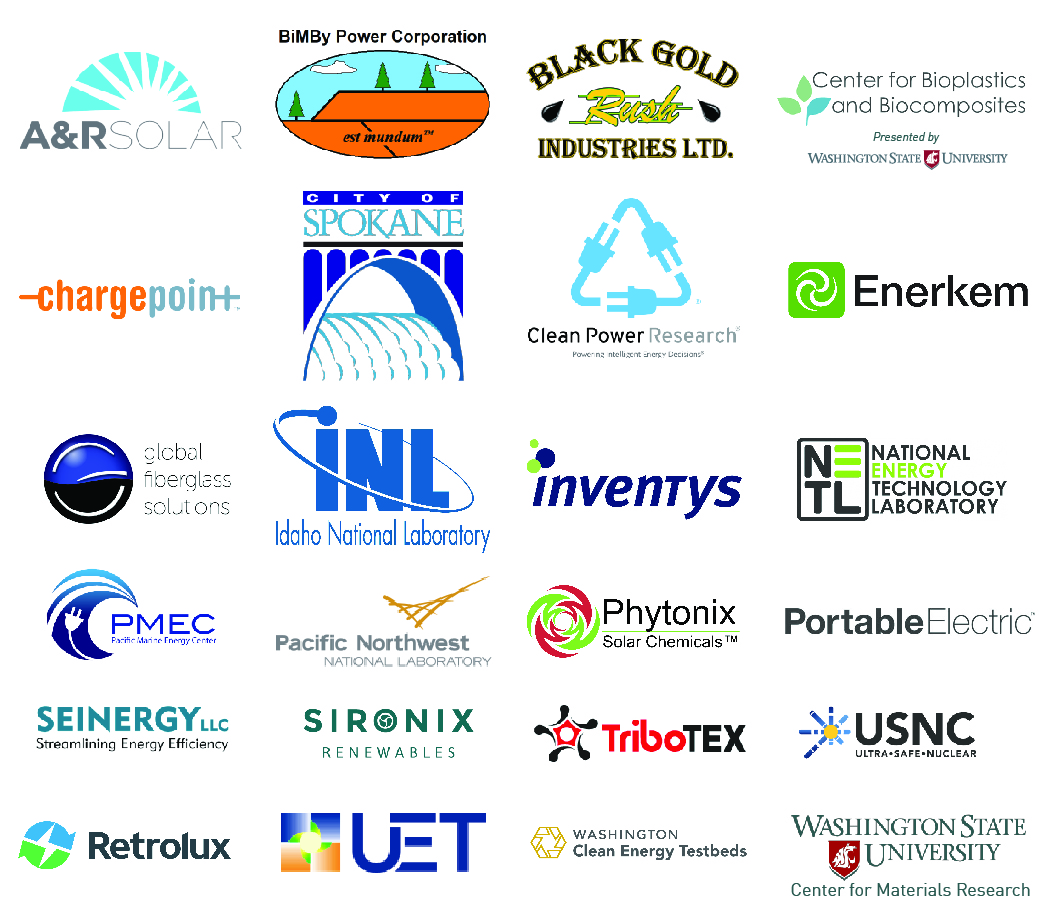Twenty-four leading cleantech companies and organizations will present the latest industry initiatives and innovations at the CleanTech Innovation Showcase on June 25 in Seattle.
Held June 25, 2018, at the Bell Harbor International Conference Center in Seattle, the CleanTech Innovation Showcase is the region’s premier one-day conference focused on technology and business innovation. Companies, research institutions and partnerships from across U.S., Canada and beyond submit applications and compete for one of 24 presenting spots. An independent panel of CleanTech Alliance members review these applications and select the 24 companies and organizations, which each receive 20 minutes to showcase their latest clean technology innovations, initiatives and ideas in front of the event’s more than 400 attendees spanning industry, investors, policymakers and media.
“In its fifth year, the CleanTech Innovation Showcase continues to celebrate the best and the brightest in the cleantech sector,” said J. Thomas Ranken, President & CEO of the CleanTech Alliance. “From established companies and institutions to early-stage startups, Showcase is a platform for collaboration and investment needed to continue growing jobs in this sector, and working toward a greener future.”
The 2018 CleanTech Innovation Showcase presenting companies and organizations who have confirmed are included below.
Register here before June 15 to hear from these groups, and take advantage of early-bird pricing!
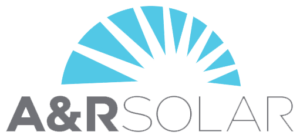 A&R Solar:This session will provide an overview of residential energy storage and its current and future applications in the Northwest. A&R will go into detail about next-generation battery solutions as they pertain to solar, including Tesla Powerwall.
A&R Solar:This session will provide an overview of residential energy storage and its current and future applications in the Northwest. A&R will go into detail about next-generation battery solutions as they pertain to solar, including Tesla Powerwall.
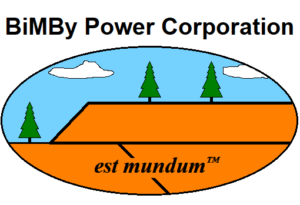 BiMBy Power: BiMBy Power has patents pending on a design to greatly extend the reach of compressed air energy storage (CAES) by building porous media pressure vessels in mine sites using mine waste rock. Building such devices as part of a remediation effort at abandoned sites adds value by building the fundamental piece of a renewable energy power plant.
BiMBy Power: BiMBy Power has patents pending on a design to greatly extend the reach of compressed air energy storage (CAES) by building porous media pressure vessels in mine sites using mine waste rock. Building such devices as part of a remediation effort at abandoned sites adds value by building the fundamental piece of a renewable energy power plant.
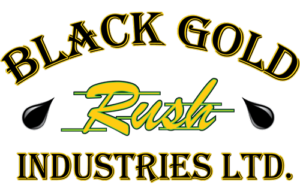 Black Gold Rush Industries, Ltd.: Equipment at oil and gas facilities such as storage tanks, casing gas venting, and pneumatic pumps and instruments often emit small amounts of harmful gas. Black Gold Rush’s enclosed vapour combustors eliminate this uneconomical vent gas to reduce the environmental impact.
Black Gold Rush Industries, Ltd.: Equipment at oil and gas facilities such as storage tanks, casing gas venting, and pneumatic pumps and instruments often emit small amounts of harmful gas. Black Gold Rush’s enclosed vapour combustors eliminate this uneconomical vent gas to reduce the environmental impact.
 Center for Bioplastics and Biocomposites; WSU and Iowa State University: The Center for Bioplastics and Biocomposites (CB2) is a National Science Foundation Industry & University Cooperative Research Center (I/UCRC) that focuses on developing high-value biobased products from agricultural and forestry feedstocks. CB2 is a collaborative effort by the Biopolymers & Biocomposites Research Team at Iowa State University, the Composite Materials and Engineering Center at Washington State University, and industry members to conduct commercially relevant research. Dr. Vikram Yadama, associate research professor and extension specialist in WSU and co-director of CB2, will give the presentation.
Center for Bioplastics and Biocomposites; WSU and Iowa State University: The Center for Bioplastics and Biocomposites (CB2) is a National Science Foundation Industry & University Cooperative Research Center (I/UCRC) that focuses on developing high-value biobased products from agricultural and forestry feedstocks. CB2 is a collaborative effort by the Biopolymers & Biocomposites Research Team at Iowa State University, the Composite Materials and Engineering Center at Washington State University, and industry members to conduct commercially relevant research. Dr. Vikram Yadama, associate research professor and extension specialist in WSU and co-director of CB2, will give the presentation.
![]() ChargePoint: ChargePoint’s unique solution puts electric vehicle charging station owners completely in control of the important policies affecting their stations: who can use them, how much drivers pay to use them, and what messaging and advertising they display.
ChargePoint: ChargePoint’s unique solution puts electric vehicle charging station owners completely in control of the important policies affecting their stations: who can use them, how much drivers pay to use them, and what messaging and advertising they display.
 City of Spokane: The City of Spokane is becoming safer, smarter, and healthier through data. A key part of these efforts is Urbanova, a public-private consortium which is developing a living laboratory in Spokane for designing cities of the future.
City of Spokane: The City of Spokane is becoming safer, smarter, and healthier through data. A key part of these efforts is Urbanova, a public-private consortium which is developing a living laboratory in Spokane for designing cities of the future.
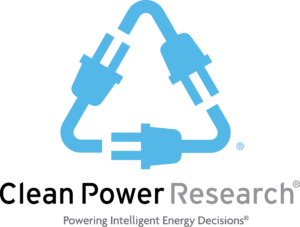 Clean Power Research: Clean Power Research is a SaaS provider to the utility and solar industries. Clean Power Research products help utilities empower their customers to adopt solar, and to efficiently operate the grid as solar penetration grows. For solar companies, the products enable financing, track development and forecast power production of solar assets.
Clean Power Research: Clean Power Research is a SaaS provider to the utility and solar industries. Clean Power Research products help utilities empower their customers to adopt solar, and to efficiently operate the grid as solar penetration grows. For solar companies, the products enable financing, track development and forecast power production of solar assets.
![]() Enerkem: Enerkem develops and builds advanced biorefineries that are creating value from non-recyclable waste by converting it into renewable fuels and chemicals. Each facility creates high-quality green jobs and brings value to communities and waste-generating industries.
Enerkem: Enerkem develops and builds advanced biorefineries that are creating value from non-recyclable waste by converting it into renewable fuels and chemicals. Each facility creates high-quality green jobs and brings value to communities and waste-generating industries.
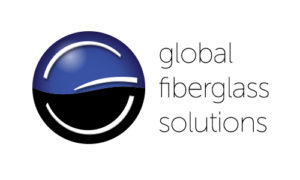 Global Fiberglass Solutions: Global Fiberglass Solutions provides industrial fiberglass waste recycling services to industries worldwide. In addition, GFS is a manufacturer of products entirely made from fiberglass waste. Products include manufacturing-grade fibers and pellets, construction materials and more.
Global Fiberglass Solutions: Global Fiberglass Solutions provides industrial fiberglass waste recycling services to industries worldwide. In addition, GFS is a manufacturer of products entirely made from fiberglass waste. Products include manufacturing-grade fibers and pellets, construction materials and more.
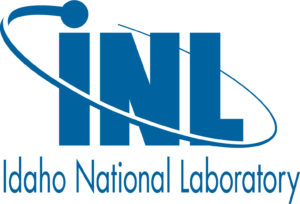 Idaho National Laboratory: INL researchers developed eRECOV, an economically viable and environmentally sustainable electrochemical process for recycling valuable metals from the nearly 45 million tons of electronic waste discarded annually. The environmentally-friendly and cost effective process could eliminate the need for U.S. export of e-waste.
Idaho National Laboratory: INL researchers developed eRECOV, an economically viable and environmentally sustainable electrochemical process for recycling valuable metals from the nearly 45 million tons of electronic waste discarded annually. The environmentally-friendly and cost effective process could eliminate the need for U.S. export of e-waste.
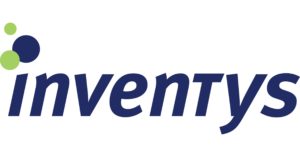
Inventys: Inventys is building a CO2 marketplace using second-generation carbon capture technology at half the cost of solvent-based systems. Our first-of-its-kind demonstration plant unlocks carbon capture utilization and storage by enabling a mass market for bulk CO₂.
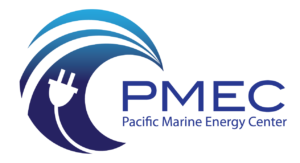 Pacific Marine Energy Center (PMEC): PMEC coordinates marine energy research, development, testing, and education across three northwest universities. PMEC’s expertise spans marine energy technologies, their environmental effects, and the socioeconomic conditions necessary for their adoption.
Pacific Marine Energy Center (PMEC): PMEC coordinates marine energy research, development, testing, and education across three northwest universities. PMEC’s expertise spans marine energy technologies, their environmental effects, and the socioeconomic conditions necessary for their adoption.
 Pacific Northwest National Laboratory (PNNL): PNNL leads major efforts in hydrogen and fuel cell research. These include solid oxide fuel cells for distributed generation use, non-precious group metal electrocatalysts for PEM fuel cells, hydrogen storage tech, novel hydrogen production, and magnetocaloric hydrogen liquefaction.
Pacific Northwest National Laboratory (PNNL): PNNL leads major efforts in hydrogen and fuel cell research. These include solid oxide fuel cells for distributed generation use, non-precious group metal electrocatalysts for PEM fuel cells, hydrogen storage tech, novel hydrogen production, and magnetocaloric hydrogen liquefaction.
 Phytonix Corporation: By integrating the recent advances in synthetic biology with photosynthesis, Phytonix has developed a patented, carbon-negative process to directly convert the CO2 from industrial emitters into renewable butanol, a valuable industrial chemical. The process has the capability to materially reduce GHG emissions on a profitable basis, and to play a key role in arresting climate change.
Phytonix Corporation: By integrating the recent advances in synthetic biology with photosynthesis, Phytonix has developed a patented, carbon-negative process to directly convert the CO2 from industrial emitters into renewable butanol, a valuable industrial chemical. The process has the capability to materially reduce GHG emissions on a profitable basis, and to play a key role in arresting climate change.
![]() Portable Electric: Portable Electric (PE) is revolutionizing the way critical power is delivered via our mobile micro-grid. The company is an innovative tech disruptor that builds, rents and sells the VOLTstack series of power stations. The VOLTstack units deliver dependable, silent, emissions-free power right where the action is, all while enabling our customers to make data-driven decisions in real-time to better understand their energy usage.
Portable Electric: Portable Electric (PE) is revolutionizing the way critical power is delivered via our mobile micro-grid. The company is an innovative tech disruptor that builds, rents and sells the VOLTstack series of power stations. The VOLTstack units deliver dependable, silent, emissions-free power right where the action is, all while enabling our customers to make data-driven decisions in real-time to better understand their energy usage.
![]() Retrolux: Retrolux’s technology platform allows building owners to easily manage lighting retrofit and repair jobs and gives contractors easy tools to design, quote, sell, and install those jobs. Our relationships with manufacturers also saves money on discounted equipment pricing.
Retrolux: Retrolux’s technology platform allows building owners to easily manage lighting retrofit and repair jobs and gives contractors easy tools to design, quote, sell, and install those jobs. Our relationships with manufacturers also saves money on discounted equipment pricing.
![]() Seinergy LLC: Seinergy leverages utility efficiency dollars and cash saved from using premium efficiency equipment to enable finance options for energy-intensive equipment. The company’s customer base – on-grid cannabis cultivators – presents a new conservation opportunity for utilities.
Seinergy LLC: Seinergy leverages utility efficiency dollars and cash saved from using premium efficiency equipment to enable finance options for energy-intensive equipment. The company’s customer base – on-grid cannabis cultivators – presents a new conservation opportunity for utilities.
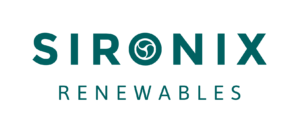 Sironix Renewables: Sironix Renewables’ bio-renewable soap molecule, called the Eosix™ surfactant, overcomes cleaning challenges in hard water conditions, eliminating the need for long lists of expensive and harmful ingredients and reducing the cost and complexity of detergent products.
Sironix Renewables: Sironix Renewables’ bio-renewable soap molecule, called the Eosix™ surfactant, overcomes cleaning challenges in hard water conditions, eliminating the need for long lists of expensive and harmful ingredients and reducing the cost and complexity of detergent products.
![]() TriboTEX: TriboTEX produces innovative anisotropic nanomaterial that is sold to retail customers as a resource-saving hydrocarbon additive. Retail and industrial users can purchase the material directly for cars, engines, gearboxes, generators, lawnmowers and other equipment bringing efficiency benefits of advanced nanotechnology to familiar devices for under $100.
TriboTEX: TriboTEX produces innovative anisotropic nanomaterial that is sold to retail customers as a resource-saving hydrocarbon additive. Retail and industrial users can purchase the material directly for cars, engines, gearboxes, generators, lawnmowers and other equipment bringing efficiency benefits of advanced nanotechnology to familiar devices for under $100.
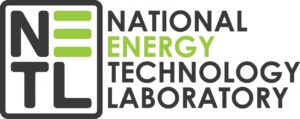 US DOE National Energy Technology Laboratory: NETL will share a technology focused on extraction of rare earth elements (REEs) from industrial waste. REEs are used as critical components in clean technologies. However, they are difficult to extract. The lab’s patent-pending technology is overcoming that challenge.
US DOE National Energy Technology Laboratory: NETL will share a technology focused on extraction of rare earth elements (REEs) from industrial waste. REEs are used as critical components in clean technologies. However, they are difficult to extract. The lab’s patent-pending technology is overcoming that challenge.
![]() UET: UET is bringing innovative energy storage systems and business models to the global market. UET has applied PNNL’s Generation 3 vanadium technology to design, engineer, and produce a full portfolio of advanced flow battery products, from the UniSystem introduced in 2014 to the UniFlex new in 2018. UET also offers “Energy Storage as a Service” and project financing.
UET: UET is bringing innovative energy storage systems and business models to the global market. UET has applied PNNL’s Generation 3 vanadium technology to design, engineer, and produce a full portfolio of advanced flow battery products, from the UniSystem introduced in 2014 to the UniFlex new in 2018. UET also offers “Energy Storage as a Service” and project financing.
![]() Ultra Safe Nuclear Corporation (USNC): At USNC, our primary innovation is the Micro Modular Reactor (MMR™). The MMR™ is a small modular nuclear energy system that delivers safe, clean and cost-effective electricity and heat to remote mines, industry and communities.
Ultra Safe Nuclear Corporation (USNC): At USNC, our primary innovation is the Micro Modular Reactor (MMR™). The MMR™ is a small modular nuclear energy system that delivers safe, clean and cost-effective electricity and heat to remote mines, industry and communities.
![]() Washington Clean Energy Testbeds (WCET): The WCET are launching the Energy Technology Challenge Program for team-based research at the University of Washington. The program will leverage resources to accelerate the adoption of new solar, storage, and power grid solutions for our region and the world.
Washington Clean Energy Testbeds (WCET): The WCET are launching the Energy Technology Challenge Program for team-based research at the University of Washington. The program will leverage resources to accelerate the adoption of new solar, storage, and power grid solutions for our region and the world.
 Washington State University Center for Materials Research: WSU researchers have improved a photovoltaic technology using cadmium-telluride (CdTe) that could become the next utility scale solar technology of choice. The material’s efficiencies are comparable to the current standard, and dramatically reduce cost per watt.
Washington State University Center for Materials Research: WSU researchers have improved a photovoltaic technology using cadmium-telluride (CdTe) that could become the next utility scale solar technology of choice. The material’s efficiencies are comparable to the current standard, and dramatically reduce cost per watt.
Attend Showcase to Hear from Fuel Cell Experts, Venture Capitalists, and Much More!
Sunita Satyapal, Ph.D., director of the DOE Fuel Cell Technology Office and venture capitalist Tom Rand, Ph.D. are among the keynote speakers for this year’s CleanTech Innovation Showcase on June 25. Early-stage portfolio companies supported by E8 will also participate in a pitch session – each explaining their innovations to the audience in under 2 minutes. Showcase will also include a pavilion of new Cascadia CleanTech startups, an exhibition hall and more!
Register before June 15 to take advantage of early bird pricing.
